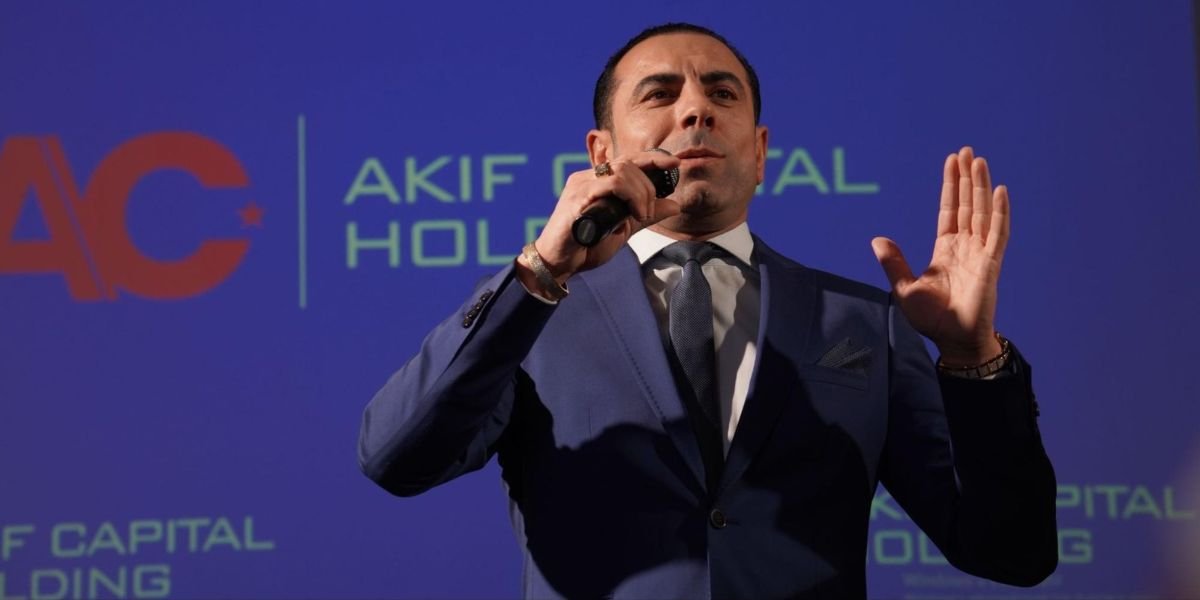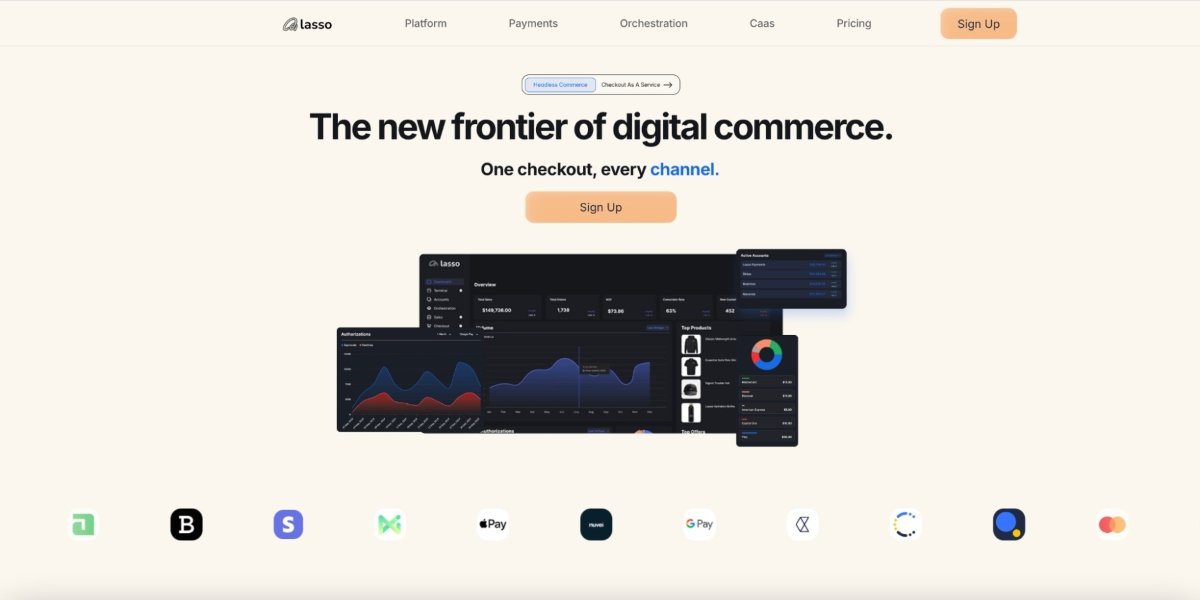Economic inequality refers to the uneven distribution of wealth and income within a society. It means that some people have significantly more resources than others, creating a vast gap between the rich and the poor. This disparity isn’t limited to just money; it also extends to opportunities, education, and overall well-being. Those with wealth often have access to better education, healthcare, and social networks, which can further perpetuate their advantages.
But why should we care about economic inequality? After all, haven’t some people simply worked harder or made smarter choices? While individual effort and talent certainly play a role, the truth is that economic inequality is often deeply rooted in systemic factors like discrimination, unequal access to resources, and policies that favor the wealthy. These factors can create a cycle of poverty and disadvantage that’s difficult to break, limiting social mobility and stifling economic growth. Moreover, high levels of inequality have been linked to various social ills, including crime, political instability, and poor health outcomes. Addressing economic inequality isn’t just about fairness; it’s about creating a more just, stable, and prosperous society for everyone.
The Widening Gap: Rich vs. Poor
Economic inequality refers to the unequal distribution of income and wealth within a society. In simpler terms, it means that some people have a lot more money and resources than others. This gap can be seen in various aspects of life, from housing and education to healthcare and opportunities. While some level of economic inequality is natural in any society, the growing disparity between the richest and poorest has raised concerns about its impact on social cohesion, economic stability, and overall well-being.
The causes of economic inequality are multifaceted and complex. Factors like education, skills, and job opportunities play a role, as do discrimination, government policies, and globalization. Technological advancements and automation have also contributed to the growing gap by displacing workers and increasing demand for highly skilled labor.
Economic inequality isn’t just a matter of numbers; it has real-world consequences. High levels of economic inequality have been linked to increased poverty, crime, and social unrest. It can also undermine economic growth by reducing consumer spending and hindering social mobility. Moreover, economic inequality can create a sense of unfairness and resentment, leading to social divisions and political instability.
Addressing Economic Inequality: A Shared Responsibility
Tackling economic inequality requires a multi-pronged approach. Governments can play a crucial role through progressive taxation, investments in education and healthcare, and policies that promote fair wages and equal opportunities. Businesses can contribute by paying fair wages, supporting their employees, and investing in their communities. Individuals can also make a difference by supporting organizations that work to reduce poverty and inequality.
Achieving economic equality is a long-term goal, but it’s a goal worth striving for. A more equitable society benefits everyone, not just the poor. It creates a stronger economy, a healthier society, and a more sustainable future for all. While the challenges are significant, the potential rewards are even greater. By working together, we can create a world where everyone has the opportunity to thrive, regardless of their background or circumstances.











